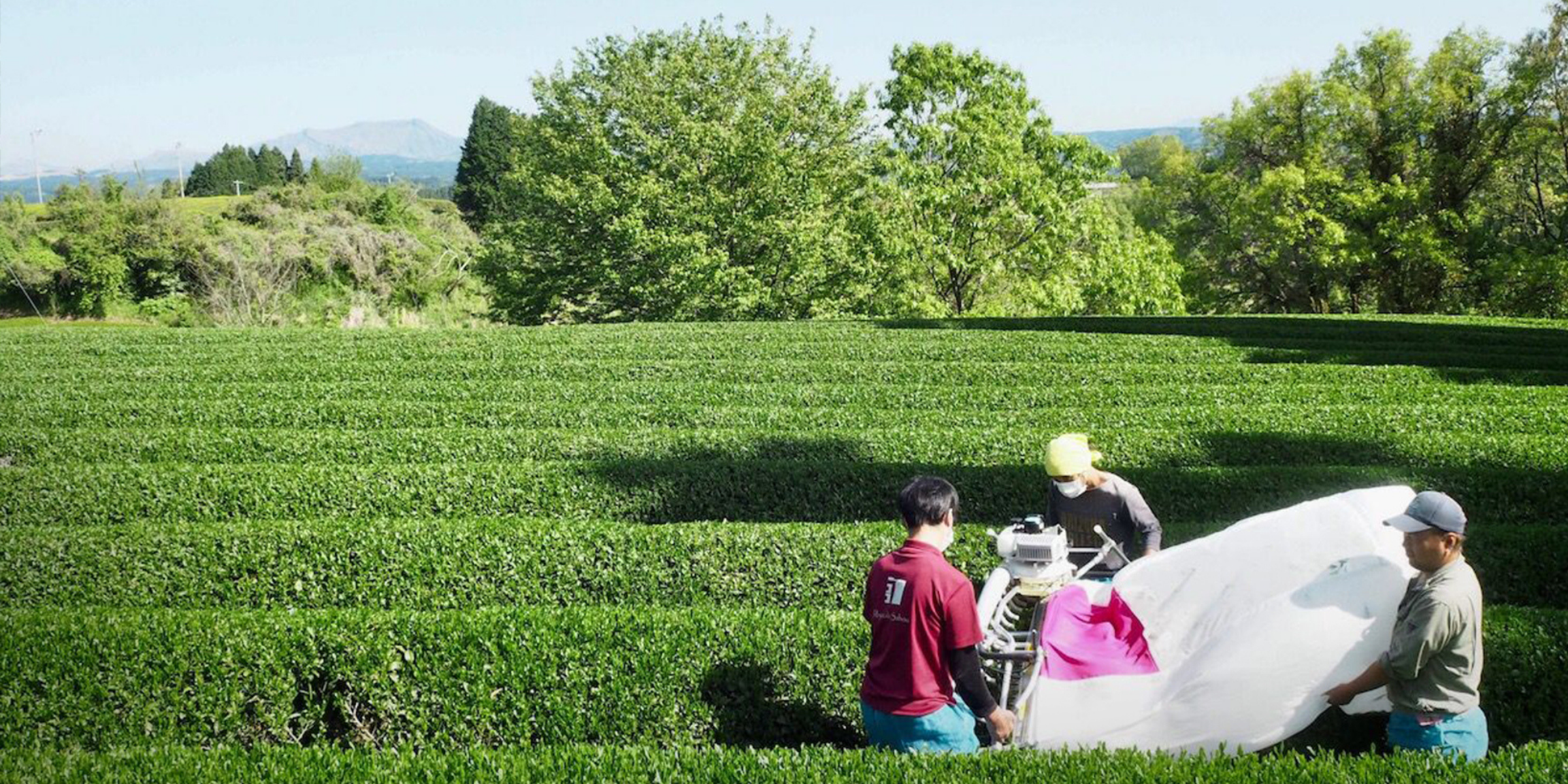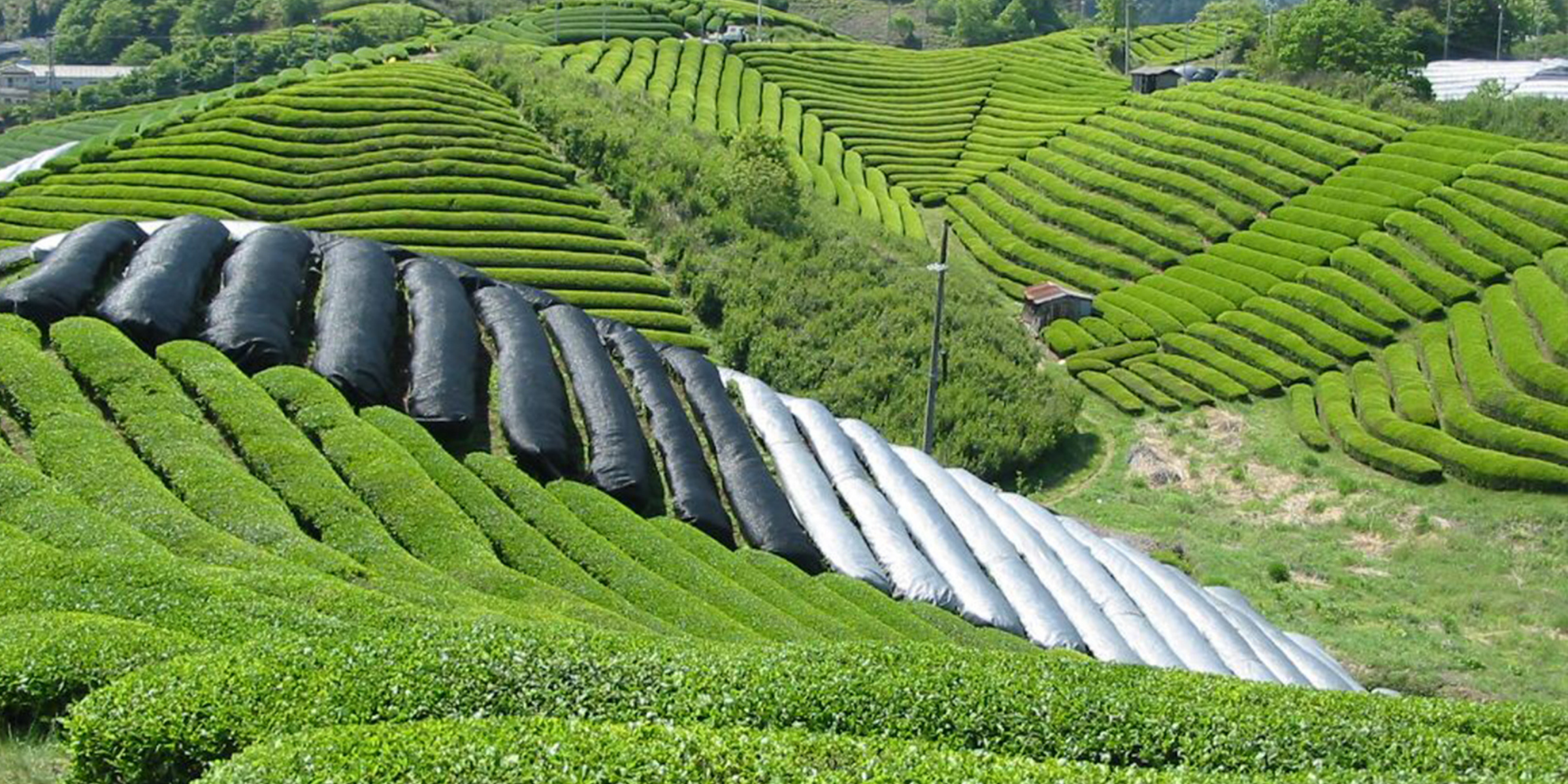
Organic Tea Production
Organic Tea Production: Why It Matters
Currently, the choice of organic products in various areas (cosmetics, food, drinks, etc.) has become a real trend. Organic Tea Production is an important part of this movement, offering a healthier and more sustainable choice. We have prepared six main factors why you should choose organic tea.
1. Safety in consumption
Synthetic pesticides are known to pose significant, well-recognised risks to human health, including birth defects, nervous system damage, hormone and endocrine system disruption, respiratory disorders, skin and eye irritation, and various types of cancer. Herbicides have also been linked to certain cancers and Parkinson's disease.
Chemicals and fertilizers can remain in the leaf structure and be water-soluble - releasing from the tea leaves during brewing.
In 2012, Greenpeace discovered that many Chinese teas contained large amounts of pesticides, harmful to health and reducing life expectancy.
Before a product is labeled "Organic", it undergoes strict testing - including laboratory analysis, checks of the growth area, processing method, management system, storage, packing, and transportation. With Organic Tea Production, you can be sure you’re buying a product that supports your health.
2. Better for farmers
In Japan, tea cultivation is often a family business. There is a healthy tendency to use fewer chemicals due to cases of pesticide poisoning and even death. Organic Tea Production also preserves the natural balance, focusing on nourishing plants through a healthy soil ecosystem.
3. Support small farmers and farms
Small tea enterprises are more often family-run, operating with ethical principles and focusing on quality over quantity. Choosing Organic Tea Production helps sustain these small businesses.
4. Better for tea plants
Would you rather drink tea from a plant grown in a toxic, stressful environment, or tea grown in harmony with nature? Sensitive people often notice a difference between organic tea and conventional tea. Some negative side-effects from tea - such as nervousness or insomnia - may come not from caffeine, but from chemicals used in conventional farming.
5. No GMO
The use of GMOs in organic farming is prohibited. Products can only be labeled "Organic" if they are 100% GMO-free. Organic Tea Production guarantees no genetic modification in your cup.
6. Preserving nature’s ecosystem
Many pesticides used in conventional tea farming contain heavy metals. These contaminate not only the plants but also the soil, pollute rivers, and harm beneficial insects - often creating a cycle that requires even more pesticide use. Organic Tea Production helps protect ecosystems for future generations.

